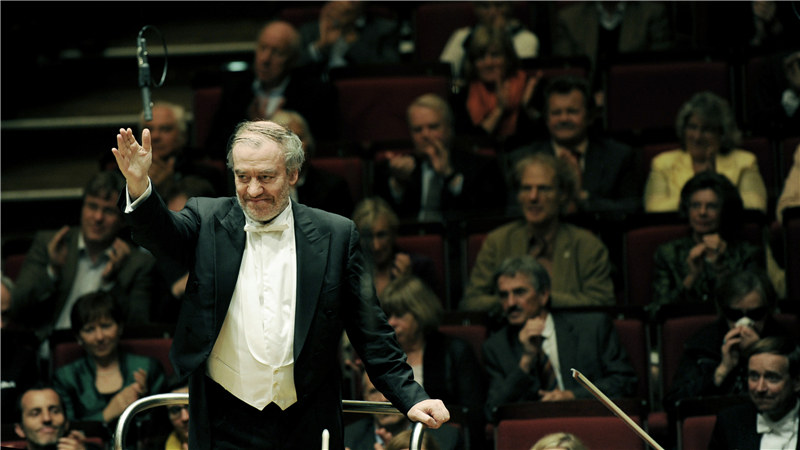
2017年11月12日
The Munich Philharmonic Orchestra was founded in 1893. As a time-honoured orchestra with a history hailing of over hundred years, it has been ranked among Germany’s top orchestras under the leadership of maestros - Weingartner, Kempe, James Levine, Celibidache and Maazel. In 2013, the Orchestra delivered an amazing performance on the NCPA (National Centre for the Performing Arts) stage, led by Lorin Maazel. In the 2015/16 music season, Valery Gergiev took over the helm at the Munich Philharmonic Orchestra as its music director. On November 24th-25th, Gergiev will lead them to the NCPA again to perform gorgeous classical music.
At the concert on the 24th, Russian musical works will be played alone. In the first half, Gergiev will conduct a performance of Rachmaninoff’s Piano Concerto No. 4 in G minor in cooperation with Russian pianist Denis Matsuev. The Piano Concerto No. 4 was the last piano concerto by Rachmaninoff, which was composed during World War II, when the composer was living in exile. The work features a traditional style of the late Romanticism, and the style of modern music that came into being in the 20th century. The harmony is filled with jarring and dull tones, which imply the composer’s psychological anxiety and anguish. The second half will begin with Tchaikovsky’s Symphony No. 6 in B minor. For a work by Tchaikovsky, Gergiev is used to playing it with rationality in strict accordance with the score.
On the 25th, the Orchestra will play German and Austrian works throughout the concert. In the first half the overtures to three classic operas, namely the Overture to Leonore No.3 by Beethoven, the Overture to Oberon by Weber, and the Overture to Tannhäuser by Wagner, will be performed. In the second half, Gergiev will raise his baton over the Orchestra, when the latter is playing Bruckner’s Symphony No. 3 in D minor. The Symphony No. 3 is also known as “Wagner Symphony”, which was composed by Bruckner in honour of Wagner. Its creation is based on Wagner’s works, which gives the whole piece a sense of vastness, and strong sense of heroism.
by NCPA